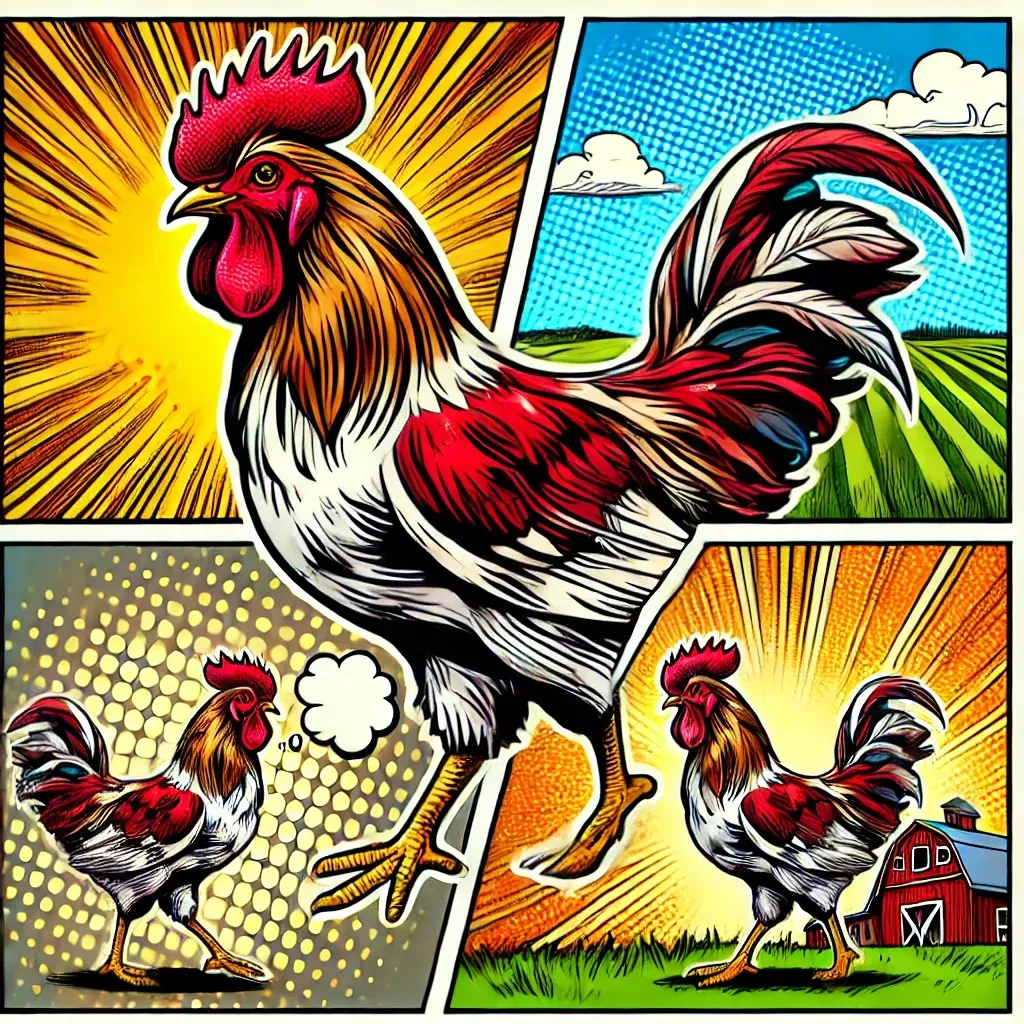Welcome to
KrisandLarry.com

We are a large, Christian, homeschooling homesteading family from Chino Valley, Arizona. (2 parents - Kris and Larry, 8 kids, some not so little any more and 3 spouses of the kids)
We have a fun Youtube channel, a blog, and a homestead shop with goat milk soap and lotion, signs, jewelry & more.
We raise Kunekune pigs, Nubian Dairy goats and Coturnix quail as well as chicken, ducks and turkeys.
Everything in our shop is hand-made on our mini farm In Northern Arizona!
Check out our
latest blog posts

Comprehensive Guide to Raising Chickens on the Homestead
Comprehensive Guide to Raising Chickens on the Homestead
Raising chickens on a homestead can be both rewarding and practical, providing a fresh supply of eggs, meat, and even companionship. Here’s a comprehensive guide to help you get started.
1. Planning and Preparation
Assessing Your Needs
Eggs vs. Meat: Decide if you want chickens primarily for eggs, meat, or both. Some breeds are better for egg production, while others are more suitable for meat.
Space Requirements: Ensure you have adequate space. A general rule is 3-4 square feet per chicken inside the coop and 10 square feet per chicken in an outdoor run.
Choosing the Right Breed
Egg Layers: Consider breeds like Leghorns, Rhode Island Reds, and Australorps.
Meat Birds: Cornish Cross and Freedom Rangers are popular choices.
Dual-Purpose: Breeds like Orpingtons, Sussex, and Plymouth Rocks are good for both eggs and meat.
2. Building or Buying a Coop
Coop Design
Ventilation: Ensure good airflow to prevent respiratory issues.
Protection: Secure the coop against predators with sturdy materials and a locked door.
Nesting Boxes: Provide one nesting box for every 3-4 hens.
Perches: Chickens need perches to roost at night. Plan for about 8-12 inches of perch space per bird.
Location
Drainage: Choose a well-drained area to avoid muddy conditions.
Shade and Sun: Ensure the coop has both sunny and shaded areas.
3. Feeding and Watering
Diet
Starter Feed: For chicks, use a high-protein starter feed.
Grower Feed: Switch to grower feed once they are a few weeks old.
Layer Feed: Once hens start laying, switch to layer feed rich in calcium.
Supplements: Offer oyster shell or crushed eggshells for calcium and grit for digestion.
Water
Fresh Water: Provide clean, fresh water at all times.
Heated Waterers: In colder climates, consider heated waterers to prevent freezing.
4. Daily Care and Maintenance
Routine Tasks
Feeding and Watering: Check and refill feeders and waterers daily.
Egg Collection: Collect eggs at least once a day to prevent them from becoming dirty or broken.
Cleaning: Regularly clean the coop to prevent buildup of waste and reduce the risk of disease.
Health Checks
Behavior: Watch for changes in behavior that may indicate illness.
Feathers and Skin: Check for parasites like mites and lice.
Weight and Appearance: Monitor their overall condition and weight.
5. Health and Wellness
Common Diseases
Respiratory Issues: Ensure proper ventilation to prevent diseases like Infectious Bronchitis.
Parasites: Regularly check for mites, lice, and worms.
Vaccinations: Consult with a vet about necessary vaccinations for your flock.
Biosecurity
Quarantine New Birds: Isolate new birds for a few weeks to prevent disease spread.
Limit Visitors: Restrict access to your flock to reduce the risk of disease introduction.
6. Egg Production
Encouraging Laying
Light: Chickens need about 14 hours of light per day for optimal egg production. Supplement natural light with artificial light in winter.
Nutrition: Ensure a balanced diet with sufficient calcium.
Stress Reduction: Minimize stress by providing a safe, comfortable environment.
Egg Storage
Cleanliness: Keep nesting boxes clean to produce clean eggs.
Storage: Store eggs in a cool, dry place. Refrigeration can extend their shelf life.
7. Meat Production
Raising Meat Birds
Growth Rate: Meat birds grow faster and need a higher protein diet.
Processing: Learn humane processing techniques or find a local processor.
8. Breeding and Hatching
Incubation
Incubators: Use an incubator if you don’t have a broody hen. Maintain a temperature of around 99.5°F and appropriate humidity.
Candling: Check the development of embryos using a candling light.
Brooding Chicks
Heat: Provide a heat source for chicks, gradually reducing the temperature as they grow.
Space: Ensure adequate space and clean bedding.
9. Seasonal Care
Winter
Insulation: Insulate the coop and provide extra bedding.
Water: Use heated waterers to prevent freezing.
Ventilation: Ensure good ventilation to prevent moisture buildup.
Summer
Shade: Provide shade and fresh water to prevent heat stress.
Ventilation: Ensure good airflow to keep the coop cool.
10. Legal Considerations
Local Regulations
Zoning Laws: Check local zoning laws regarding keeping chickens.
Permits: Some areas require permits for keeping poultry.
Conclusion
Raising chickens on your homestead can be a fulfilling experience that provides fresh food and enriches your lifestyle. With proper planning, care, and attention to their needs, your chickens can thrive and become an integral part of your homesteading journey.
For more detailed information, visit KrisandLarry.com and follow our homesteading adventures on Instagram @krisandlarryhomestead.
Looking for Livestock Stall Signs, Apparel and More?
Click on the shop button above.

About Us
We are a large, Christian, homeschooling homesteading family from Chino Valley, Arizona. (2 parents - Kris and Larry, 8 kids, some not so little any more and 3 spouses of the kids)
We have a fun Youtube channel, a blog, and a homestead shop with goat milk soap and lotion, signs, jewelry & more.
Copyright© 2025 KrisandLarry - All Rights Reserved.





Facebook
Instagram
Youtube
TikTok